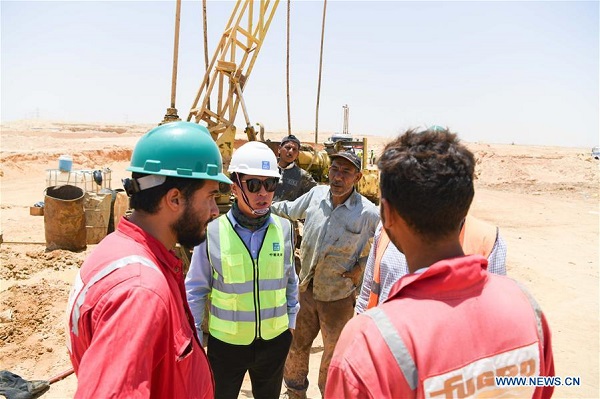Joint construction of BRI to promote common development: Egypt's ex-PM
Xinhua Updated: Nov 22, 2021

The joint construction of the Belt and Road Initiative (BRI), a development-driven path aiming for mutual benefit, will promote the common development of all countries, former Egyptian Prime Minister Essam Sharaf has said.
Sharaf made the remarks in an interview with Xinhua on the sidelines of the 2021 meeting of the Advisory Council of the Belt and Road Forum for International Cooperation (BRF) via video link on Friday.
"People mistakenly think that the BRI focuses only on 'hard connectivity' through infrastructure projects," said Sharaf.
In fact, the initiative also aims at "promoting a wide scope of 'soft connectivity' like facilities, trade and communication among people," he noted.
Sharaf said while giving lectures in Egypt and other countries, he always tried to expound on the broad prospects for the BRI that "covers unlimited areas of development."
The BRI cooperation, he said, continued to move forward though progress on the Sustainable Development Goals (SDGs) had slowed down due to the spread of COVID-19, decline in global trade and supply chain disruptions.
Sharaf stressed that the BRI has played an important role as the world is faced with the challenge of COVID-19.
In the short term, BRI participating countries can cooperate to "speed up the achievements of the SDGs, and in the long term such global deployment can lead to a community with a shared future," Sharaf said.
![]()





